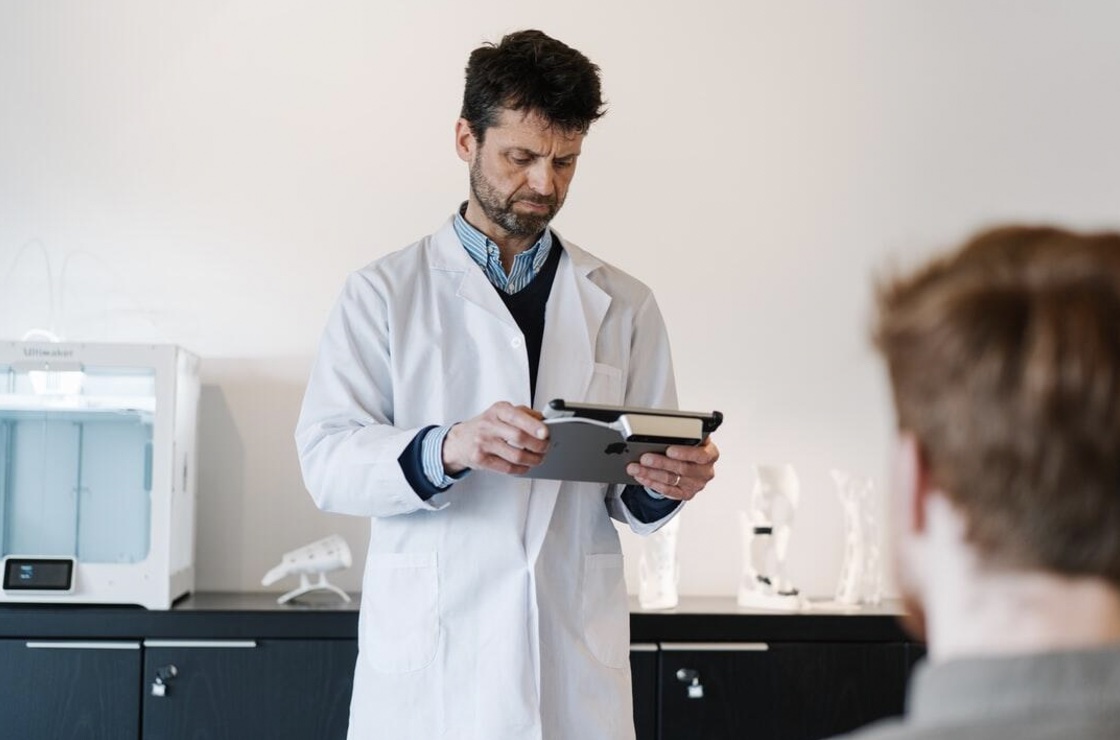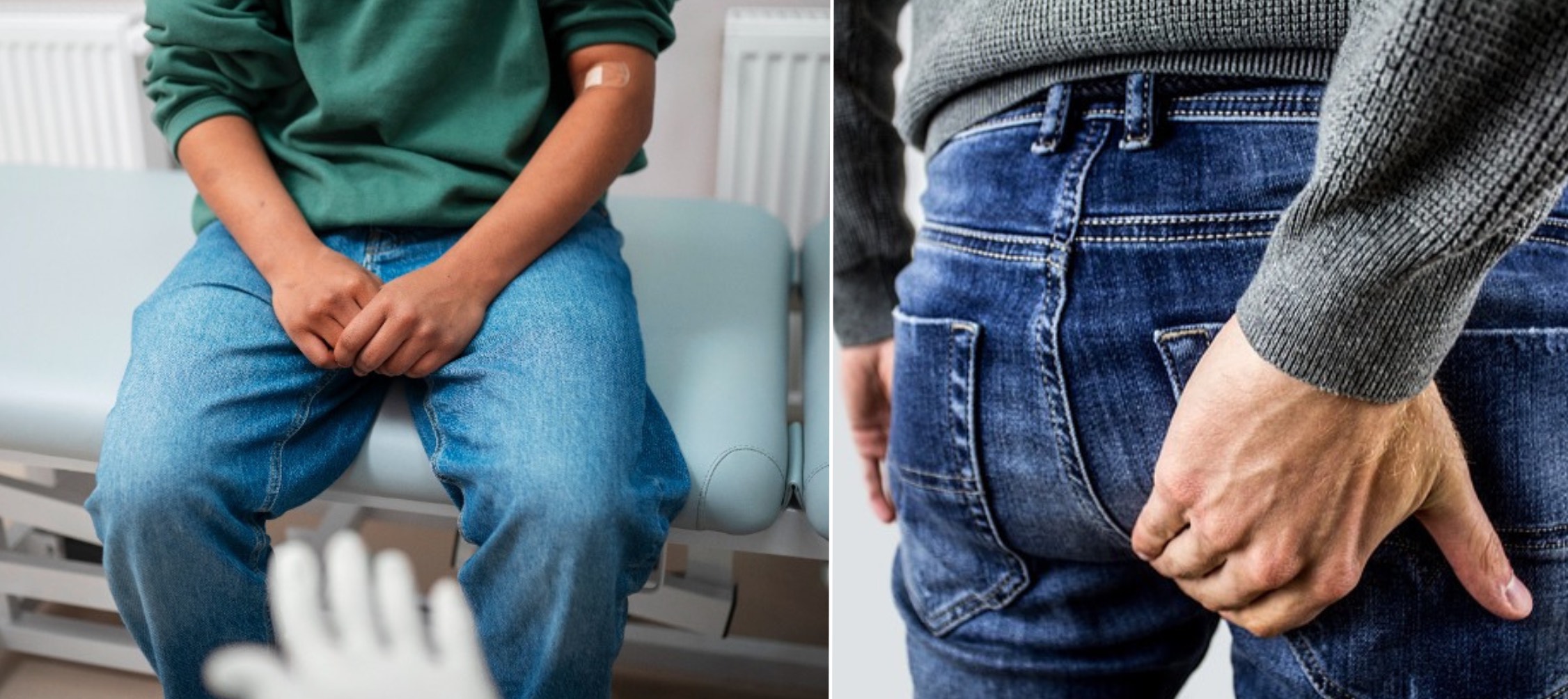Hemorrhoids, while common, can cause significant discomfort and frustration. They result from swollen veins in the lower rectum and anus, often leading to itching, pain, and bleeding. Although many individuals might feel reluctant to discuss this condition, it’s essential to acknowledge that effective solutions are available. There are numerous gentle and effective methods to alleviate the discomfort associated with hemorrhoids, ranging from lifestyle changes to more targeted medical interventions. Understanding these options can usher in relief for those suffering from this ailment. Individuals can have their comfort and quality of life back with the right approach.
Medical Treatment Options and Interventions
Various treatments, ranging from non-invasive methods to surgical options, are available. Over-the-counter treatments include creams and suppositories designed to alleviate discomfort. A healthcare provider may recommend more advanced options if these fail to provide relief. Rubber band ligation or sclerotherapy can treat more severe hemorrhoids effectively. In this case, hemorrhoid embolization has emerged as a promising option for patients experiencing significant symptoms. This procedure targets specific blood vessels associated with hemorrhoids, thus minimizing discomfort and promoting healing.
Surgery may be necessary for chronic cases that do not respond to other treatments. While considered a last resort, surgical interventions can be highly effective when performed by experienced practitioners. Recovery time can vary, and a comprehensive discussion with your healthcare provider will ensure that you know all of your lifestyle’s implications. Each treatment option provides unique benefits and may cater to individual needs and preferences.
Natural Remedies for Immediate Relief
Several natural remedies can provide immediate relief from the discomfort of hemorrhoids. Applying topical treatments like witch hazel can be soothing, reducing itching and inflammation. Warm sitz baths can also help, as soaking the area in warm water can increase blood flow and promote healing. Essential oils may offer anti-inflammatory benefits, yet they should be diluted before application to avoid skin irritation. Always consult a healthcare practitioner before trying these remedies to ensure they suit your situation.
Cold compresses can help minimize swelling and provide temporary relief from pain. Applying a cloth-wrapped ice pack to the area for short intervals can create a comforting numbness that alleviates discomfort. Furthermore, integrating lifestyle changes, such as adjusting your diet to include more fiber-rich foods, can reduce the frequency and severity of flare-ups. These methods, though simple, can offer a gentle approach to managing hemorrhoid discomfort effectively.
Dietary Changes to Prevent Recurrence
Food plays a crucial role in managing and preventing hemorrhoid flare-ups. A fiber-rich diet often helps soften stools and promote more effortless bowel movements. Whole grains, fruits, and vegetables are excellent sources of dietary fiber. These foods usually contribute to a healthier digestive system, reducing the straining that often exacerbates hemorrhoids. Ensure you consume plenty of fluids; hydration is vital in maintaining stool consistency. A well-hydrated body will create smoother and softer stools, lessening irritation during passage.

Moderating your intake of processed foods and those high in fats can decrease constipation. It’s also advisable to limit caffeine and alcohol consumption, as both may lead to dehydration. Regular meal timings and mindful eating can also contribute to improved digestive health. Creating a balanced dietary routine lays the foundation for long-term comfort and wellness.
Exercise: A Vital Component of Hemorrhoid Management
Physical activity is a critical element often overlooked in managing hemorrhoids. Engaging in routine exercise can enhance blood circulation and strengthen the muscles in the pelvic area. These outcomes significantly reduce the chances of hemorrhoidal flare-ups. Additionally, exercise keeps the gastrointestinal tract moving, thus preventing constipation. Aim for at least half an hour of moderate exercise daily, including walking, cycling, or swimming. Not only does this enhance physical health, but it also fosters mental well-being, which plays a part in overall health.
Try incorporating specific exercises that target core stability and pelvic floor strength. These may include gentle stretches and yoga, which can be beneficial for maintaining flexibility and reducing pressure on the rectal veins. Avoid prolonged sitting or standing, as often, these positions can exacerbate discomfort. Listening to your body and adjusting your routine will yield the best results. Creating a balanced fitness regimen will help alleviate symptoms while promoting health and vitality.
The Importance of Regular Monitoring and Self-Care
Regular monitoring is essential in managing hemorrhoids effectively; it can lead to timely treatments that prevent complications. Keeping track of symptoms can help identify patterns, leading to proactive measures. Maintain a record of bowel habits, dietary changes, and any treatments tried. This information will be invaluable for healthcare providers when assessing the effectiveness of existing management strategies. Periods of exacerbated symptoms should prompt a visit to your healthcare provider for further evaluation and advice.
Education also plays a significant role in prevention. Understanding the potential symptoms and causes can empower individuals to make better decisions about their health. Self-care strategies should be emphasized, as individual responsibility is paramount in managing health conditions. Seeking support from healthcare practitioners and community resources can aid in navigating this journey, allowing for collective wisdom and shared experiences to bolster success.
Addressing Lifestyle Factors Contributing to Hemorrhoids
Various lifestyle factors often contribute to the development and exacerbation of hemorrhoids. Identifying and mitigating these issues will promote better outcomes. Stress management is key; prolonged stress can worsen constipation and lead to poor dietary choices. Mindfulness, meditation, and deep breathing can alleviate stress. Furthermore, addressing chronic conditions like obesity, hypertension, and cardiovascular disease can help in reducing hemorrhoid flare-ups. Incorporating habits that support good digestive health is also vital.
Avoiding prolonged sitting, particularly for individuals with desk jobs, can help improve circulation. Take regular breaks to stand and stretch, which can assist in reducing pressure on the rectal area. Educating coworkers and family members about recognizing symptoms can foster understanding and support. This comprehensive approach to lifestyle modification aids in creating a conducive environment for healing and wellness.

Managing hemorrhoid discomfort involves a comprehensive understanding of the condition and a willingness to explore various treatment options. Adopting dietary modifications while increasing physical activity is essential in preventing flare-ups. Incorporating natural remedies can provide relief, while more advanced treatments can address chronic symptoms effectively. Maintaining a proactive approach through regular monitoring, lifestyle adjustments, and open discussion about symptoms with healthcare professionals creates a robust foundation for symptom relief and overall health. By addressing these essential factors, individuals can confidently navigate their journey, ultimately achieving the comfort and quality of life they deserve.








